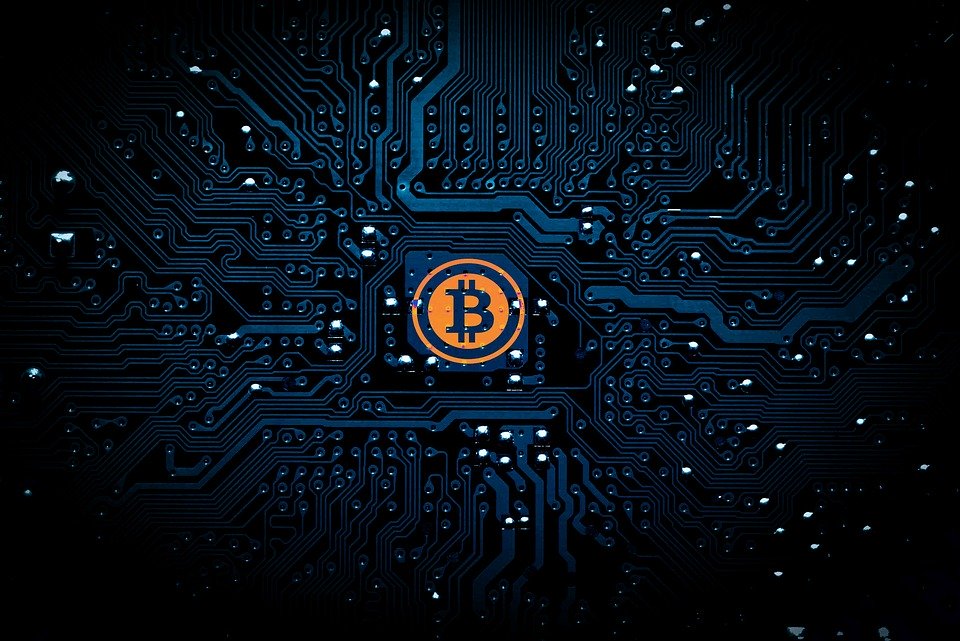Bach Hoa Hang Nga: Your Trusted Source for Quality Products
Explore a wide range of quality products and insightful articles.
Spawn Points and Blockchains: How Cryptocurrency is Reshaping Game Development
Discover how cryptocurrency is transforming game development! Explore the impact of blockchains on spawn points and the future of gaming.
Exploring the Intersection of Blockchain Technology and Game Development
As the digital landscape evolves, blockchain technology is increasingly redefining the frameworks of various industries, particularly game development. By integrating blockchain, developers can create decentralized gaming ecosystems that not only promote transparency and security but also empower players with true ownership of in-game assets. For example, through the use of Non-Fungible Tokens (NFTs), players can buy, sell, and trade unique items, enhancing their gaming experience and creating a vibrant marketplace. Moreover, blockchain enables the implementation of smart contracts, which can automate various game mechanics and ensure fair play, transforming traditional gaming paradigms.
The combination of blockchain technology and game development also paves the way for innovative monetization strategies. Instead of relying solely on traditional in-game purchases or subscription models, developers can introduce token economies where players can earn cryptocurrency through gameplay, rewarding skill and dedication. Additionally, this shift promotes a community-driven approach, allowing players to have a say in the game's evolution through decentralized governance models. As more developers recognize the potential of blockchain, it is clear that the future of gaming will not only be powered by cutting-edge graphics and engaging storylines but also by the revolutionary capabilities of blockchain technology.

Counter-Strike is a popular multiplayer first-person shooter game that has captivated players around the world. With its emphasis on team play and strategic thinking, players often engage in fierce competitions to outsmart their opponents. For those looking to enhance their gaming experience, you can check out the duelbits promo code to unlock exciting in-game features.
How Cryptocurrency is Revolutionizing In-Game Economies
The emergence of cryptocurrency has brought about a significant transformation in in-game economies, enabling players and developers to engage in a more dynamic and decentralized marketplace. Traditional gaming economies often rely on in-game currencies that have no real-world value, limiting players' ability to trade and invest. However, with the integration of cryptocurrencies, players can now own and trade unique digital assets, such as skins, characters, and even virtual real estate, using blockchain technology. This shift not only enhances player ownership but also introduces new avenues for monetization, allowing game developers to create bespoke economies within their virtual worlds.
Moreover, the use of cryptocurrency furthers transparency and security in transactions. By utilizing blockchain, developers can ensure that transactions are tamper-proof and verifiable, thereby building trust within the gaming community. Players can participate in decentralized finance (DeFi) activities such as staking or lending their in-game assets, potentially earning returns on their investments. As more games adopt this revolutionary approach, we can expect to see a surge in in-game economies that not only mimic real-world financial systems but also foster a more engaged and invested player base.
What You Need to Know About NFTs in Video Games
Non-Fungible Tokens (NFTs) are rapidly transforming the landscape of video games by providing players with true ownership of in-game assets. Unlike traditional gaming models where players purchase items and assets but do not truly own them, NFTs allow gamers to buy, sell, and trade digital items on a blockchain. This means that unique characters, skins, weapons, and even virtual real estate can be verified and tracked, enhancing the gaming experience. As developers integrate NFTs into their games, players are beginning to understand the potential for not only enhancing their gameplay but also monetizing their time and efforts.
However, there are important considerations to keep in mind. While the idea of owning in-game assets sounds appealing, NFTs in video games also raise questions about environmental impact and market volatility. Many blockchain technologies require significant energy to operate, leading to concerns regarding their carbon footprint. Moreover, the value of NFTs can fluctuate dramatically, impacting players' investments. It's essential for gamers to conduct thorough research and understand the risks involved before diving headfirst into this new realm of digital ownership.